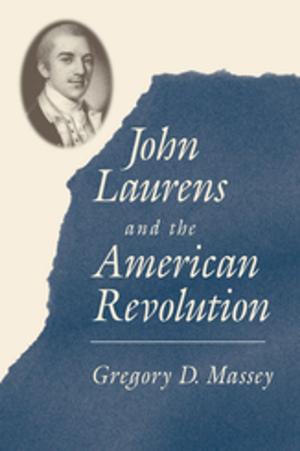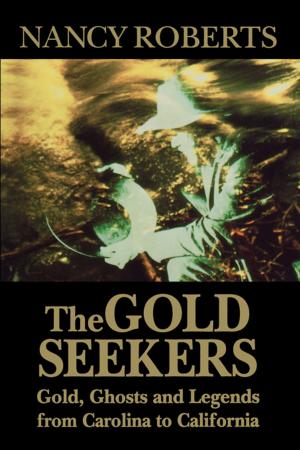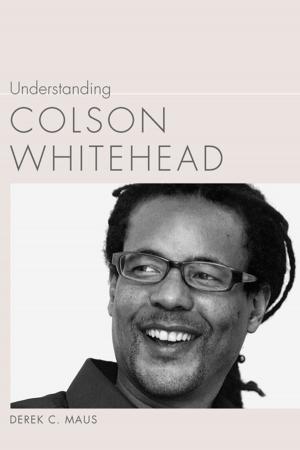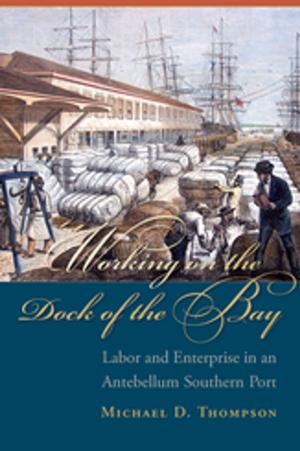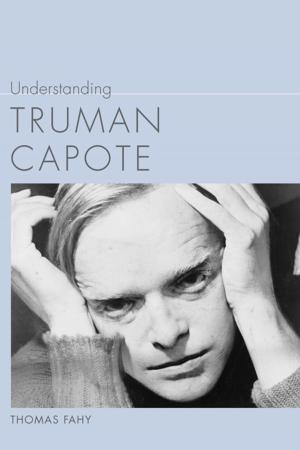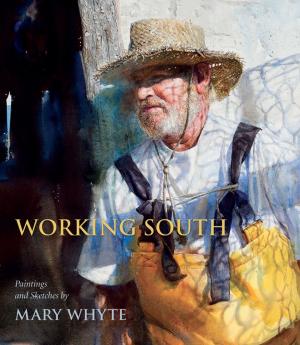| Author: | Linda Wagner-Martin, Brenda Murphy | ISBN: | 9781611172003 |
| Publisher: | University of South Carolina Press | Publication: | August 27, 2012 |
| Imprint: | University of South Carolina Press | Language: | English |
| Author: | Linda Wagner-Martin, Brenda Murphy |
| ISBN: | 9781611172003 |
| Publisher: | University of South Carolina Press |
| Publication: | August 27, 2012 |
| Imprint: | University of South Carolina Press |
| Language: | English |
Understanding David Mamet analyzes the broad range of David Mamet's plays and places them in the context of his career as a prolific writer of fiction and nonfiction prose as well as drama. Over the past three decades, Mamet has written more than thirty produced plays and garnered recognition as one of the most significant and influential American playwrights of the post-World War II generation. In addition to playwriting and directing for the theater, Mamet also writes, directs, and produces for film and television, and he writes essays, fiction, poetry, and even children's books. The author remains best known for depicting men in gritty, competitive work environments and for his vernacular dialogue (known in the theater as "Mametspeak"), which has raised the expletive to an art form. In this insightful survey of Mamet's body of work, Brenda Murphy explores the broad range of his writing for the theater and introduces readers to Mamet's major writing in other literary genres as well as some of his neglected pieces. Murphy centers her discussion around Mamet's most significant plays—Glengarry Glen Ross, Oleanna, American Buffalo, Speed-the-Plow, The Cryptogram, Sexual Perversity in Chicago, Edmond, The Woods, Lakeboat, Boston Marriage, and The Duck Variations—as well as his three novels—The Village, The Old Religion, and Wilson. Murphy also notes how Mamet's one-act and less known plays provide important context for the major plays and help to give a fuller sense of the scope of his art. A chapter on his numerous essays, including his most anthologized piece of writing, the autobiographical essay "The Rake," reflects Mamet's controversial and evolving ideas about the theater, film, politics, religion, and masculinity. Throughout her study Murphy incorporates references to Mamet's popular films as useful waypoints for contextualizing his literary works and understanding his continuing evolution as a writer for multiple mediums.
Understanding David Mamet analyzes the broad range of David Mamet's plays and places them in the context of his career as a prolific writer of fiction and nonfiction prose as well as drama. Over the past three decades, Mamet has written more than thirty produced plays and garnered recognition as one of the most significant and influential American playwrights of the post-World War II generation. In addition to playwriting and directing for the theater, Mamet also writes, directs, and produces for film and television, and he writes essays, fiction, poetry, and even children's books. The author remains best known for depicting men in gritty, competitive work environments and for his vernacular dialogue (known in the theater as "Mametspeak"), which has raised the expletive to an art form. In this insightful survey of Mamet's body of work, Brenda Murphy explores the broad range of his writing for the theater and introduces readers to Mamet's major writing in other literary genres as well as some of his neglected pieces. Murphy centers her discussion around Mamet's most significant plays—Glengarry Glen Ross, Oleanna, American Buffalo, Speed-the-Plow, The Cryptogram, Sexual Perversity in Chicago, Edmond, The Woods, Lakeboat, Boston Marriage, and The Duck Variations—as well as his three novels—The Village, The Old Religion, and Wilson. Murphy also notes how Mamet's one-act and less known plays provide important context for the major plays and help to give a fuller sense of the scope of his art. A chapter on his numerous essays, including his most anthologized piece of writing, the autobiographical essay "The Rake," reflects Mamet's controversial and evolving ideas about the theater, film, politics, religion, and masculinity. Throughout her study Murphy incorporates references to Mamet's popular films as useful waypoints for contextualizing his literary works and understanding his continuing evolution as a writer for multiple mediums.


